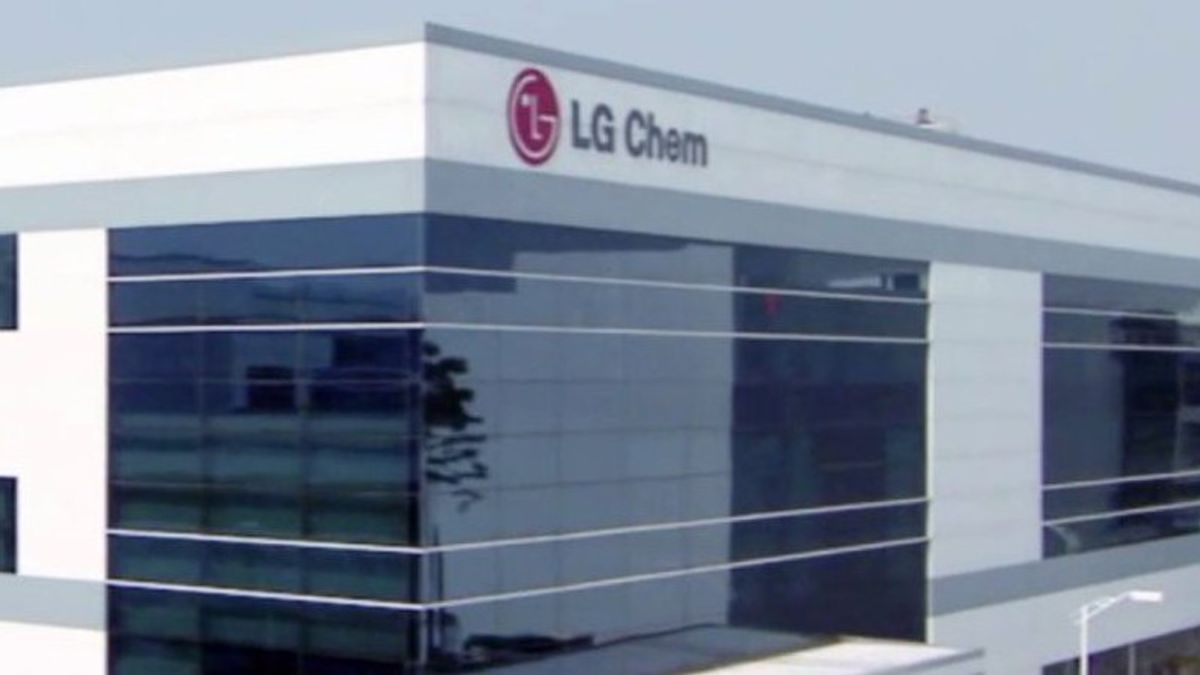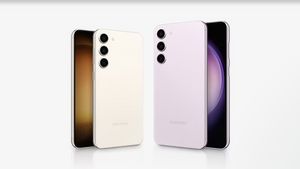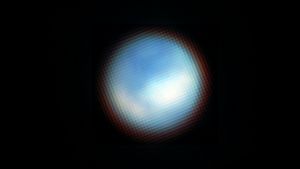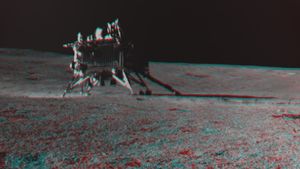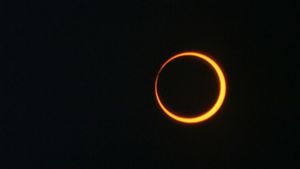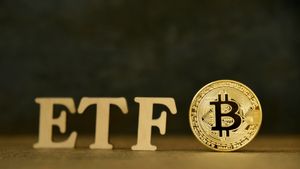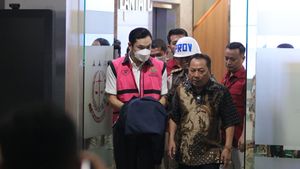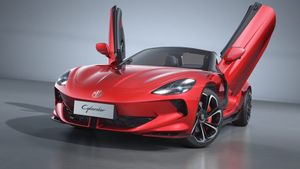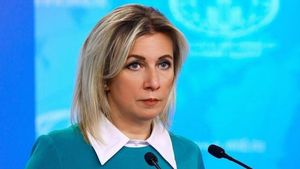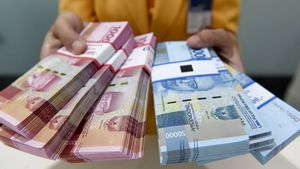JAKARTA - LG Chem Ltd from South Korea announced a partnership with Youshan, a subsidiary of China's Huayou Group. They will build an electric car (EV) battery materials factory in Morocco.
This factory is expected to start production in 2026 and will focus on producing 50,000 metric tons of lithium-phosphate-iron (LFP) cathode material annually. This amount is enough to supply electric car batteries for around 500,000 entry class electric cars.
LG Chem also plans to build two other facilities in Indonesia, namely a precursor plant with an annual production capacity of 50,000 tons and a mixed hydroxide extraction plant from nickel ore for precursor production.
This move allows LG Chem to meet the growing demand for more affordable LFP batteries. This is because the automotive industry is increasingly active in its efforts to produce more affordable electric cars. The battery is one of the most expensive components in an electric vehicle.
LFP cathodes produced in the Moroccan factory will be supplied to the North American market and receive subsidies from the United States Inflation Reduction Act (IRA) because Morocco is a free trade partner with the United States.
The IRA is designed to reduce the United States' dependence on supply chains from China for electric vehicles. This requires that at least 40% of the value of critical minerals used in automotive batteries come from the United States or a free trade partner to qualify for a tax credit of 3,750 US dollars (IDR 57.5 million) per vehicle. South Korea has a free trade agreement with the United States.
VOIR éGALEMENT:
LG Chem and Youshan will need to adjust their respective equity stakes in line with the United States Treasury Department's guidelines on "suspect foreign entities," which are aimed primarily at China.
The United States Treasury Department has not yet provided a precise definition of "suspect foreign entity" and how it will be applied.
In addition, LG Chem also announced additional investment plans with Huayou Cobalt to build a lithium conversion plant in Morocco. They target starting mass production in 2025 with an annual capacity of 52,000 tons of lithium.
The English, Chinese, Japanese, Arabic, and French versions are automatically generated by the AI. So there may still be inaccuracies in translating, please always see Indonesian as our main language. (system supported by DigitalSiber.id)
